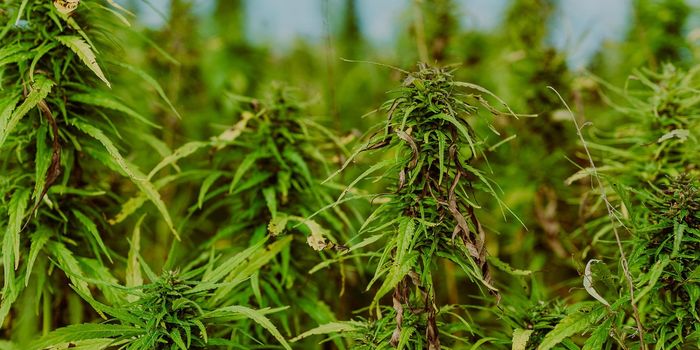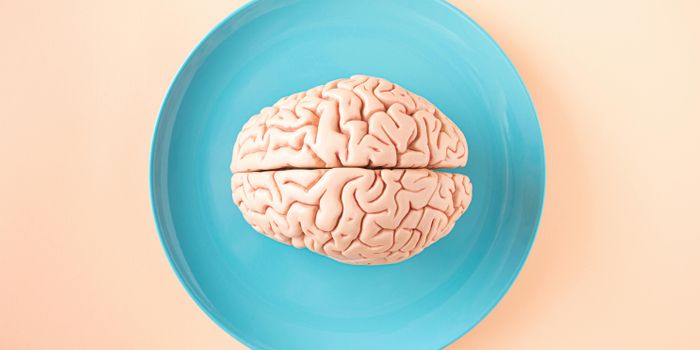Arthritis Foundation Gives Cautious Thumbs Up for CBD Use
After a national survey in July confirmed that the vast majority of arthritis patients were either interested in using CBD for symptom relief or already using CBD, the Arthritis Foundation is on board. The organization now has a brief but official set of guidelines for arthritis patients looking to CBD for symptom relief. Summarized in three words? Proceed with caution.
What is arthritis?
Millions of Americans are affected by some form of arthritis, making it the country’s top cause of disability. 30.8 million American adults have osteoarthritis, and 1.5 million Americans - with the majority of them being women - have rheumatoid arthritis, an autoimmune disorder.
What is CBD?
Cannabidiol, or CBD, is one of more than 100 phytocannabinoids found in cannabis plants and their varieties, i.e. marijuana and hemp. Phytocannabinoids interact with cannabinoid receptors of the endocannabinoid system in the human body to produce various physiological responses. Like its partner in infamy, tetrahydrocannabinol (THC), CBD is known for certain effects on the body that occur after interacting with a cannabis product. However, unlike THC, CBD does not cause psychoactive effects (a “high”).
2,600 arthritis patients provided feedback through the July 2019 national survey from the Arthritis Foundation. A little over half of the respondents reported having osteoarthritis, and a little under half reported having rheumatoid arthritis. The majority of respondents had been living with either form of arthritis for more than a decade.
79% of respondents reported previously, currently, or considering using CBD product to relieve their arthritis symptoms, and well over half (67%) reported “improvement in physical function.” With the undeniable knowledge of arthritis patients’ interests in CBD confirmed through the survey, Arthritis Foundation officials set out to collaborate with leading CBD and arthritis pain experts to produce practical guidelines that answer the main questions arthritis patients are asking
“It’s far better to give this guidance, even if preliminary, because otherwise people will have no guidance whatsoever,” said Daniel Clauw, MD. Less than half (46%) of the July survey respondents reported receiving information about CBD use from a health care professional. The Arthritis Foundation has always operated under the idea that “no single drug, supplement or therapy works for everyone,” and acknowledging CBD as an option for arthritic symptom relief is a predictable step toward continuing to promote that idea.
“While CBD is controversial and its effectiveness inconclusive, people with arthritis aren’t waiting to try it to treat their pain,” said Cindy McDaniel, Arthritis Foundation senior vice president of consumer health and impact.” Here’s an overview of the guidelines published by the Arthritis Foundation. The overall message? Be cautious.
- Concrete clinical evidence neither supports nor opposes use of CBD to address arthritis symptoms; CBD has been associated with symptom relief, but start with a low dose
- No major safety issues have been found, but drug interactions are possible
- CBD should not replace drugs used in the context of inflammatory arthritis to prevent permanent joint damage
- Discuss CBD use with a health care professional
- Do your research; different companies selling CBD products have different processes for purity, potency, and safety
In addition to the July 2019 national survey, the Arthritis Foundation published a formal statement to the United States Food and Drug Administration (FDA), “urging the agency to expedite the study and regulation of CBD products to help make them a safe option for the 54 million people with arthritis.”
Sources: Arthritis Foundation, Bioorganic & Medicinal Chemistry








